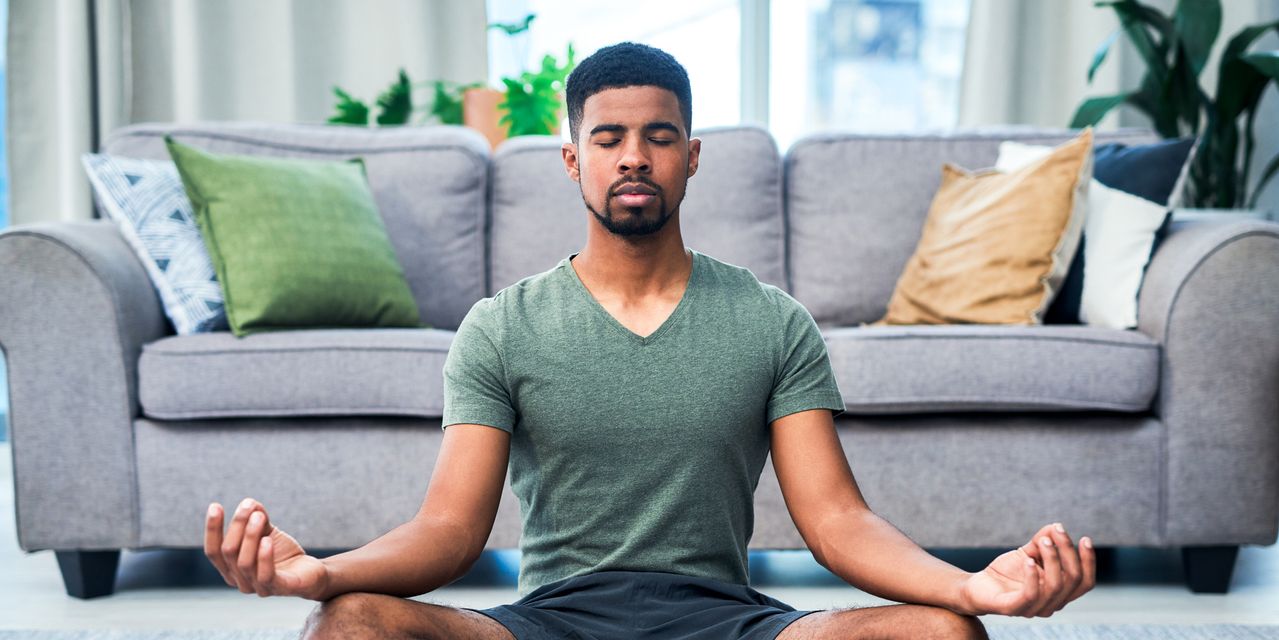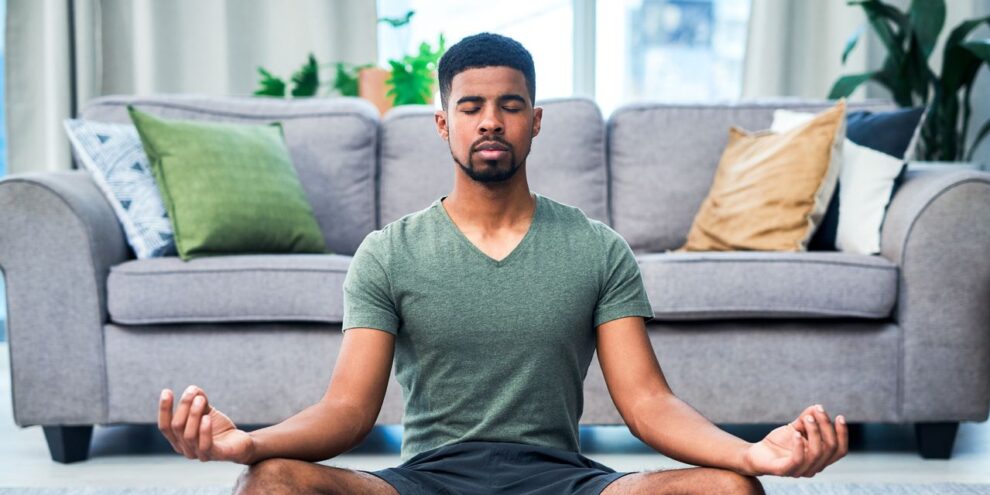
Dear MarketWatch,
I’m a single 26-year-old who’s been renting in downtown Atlanta for almost 5 years and want to buy my first home. My lease only allows me to enter the market once a year. If I find a deal, should I break my lease, or wait and see what’s available? What should I be focusing on to determine what I can afford?
I’ve been wanting to buy an apartment in the city for several years now, and I finally feel as though I am ready to make that a reality, if it weren’t for this crazy market and ($$*&*) lease. The real estate market in Atlanta is sky-high right now, with what were $250,000 to $300,000 apartments in the city now going for $500,000 to $600,000. Because of the market, I made the difficult decision to delay my original plans to buy an apartment at the end of my lease in January, extending my lease another 13 months to February 2023.
The main issue is figuring out what I can afford, top-line and down payment. In 2021, my income finished around $300,000. I currently have around $100,000 saved for retirement, plus another $175,000 in savings and investments. I currently pay $2,400 per month in rent and have no other debt.
Having the ability to put as low as 4% down up to the standard 20% has my pricing search window wider than the state of Texas. Budgeting for a fixed monthly rent (soon to be mortgage) is easy, budgeting for my first down payment is not.
If I find a deal, will I be prepared to hop on it and break my lease? What part of the home buying process should I be focusing on to make sure that I buy something I will be happy with for more than a couple of years, while remaining financially stable?
Or… should I just keep renting?
Sincerely,
Your Inexperienced First Time Homebuyer
Dear Inexperienced,
With a choice as monumental as whether or not to buy a home, it’s smart to approach the decision carefully and by doing a good amount of research. But many of us — myself included — can find ourselves stuck, ruminating on the endless possibilities. There’s a fine line between careful consideration and analysis paralysis. I would hazard to suggest that you may have crossed that line.
I’m not suggesting you rush out and buy the first apartment you see. Rather, I think it’s easy to overwhelm ourselves with a mountain of questions. So let’s boil down your concerns to a few key considerations:
- Should you save more before buying?
- Should you break your lease to buy an apartment?
- And, well, should you buy an apartment in the first place?
Finances
Let’s start with the first consideration: The financials. You’re focused on building a large enough down payment, but that’s just the tip of the iceberg when it comes to affording a home.
Your down payment does a few things. It helps you qualify for a mortgage, and it determines the type of mortgage you qualify for. If you have at least 20% saved as a down payment, you won’t need to pay for monthly mortgage insurance. If you have less than that saved, you will. By building a larger down payment, you reduce the monthly cost of the home.
A larger down payment also gives a signal to your lender that you approach your finances prudently. Many lenders encourage this by offering a lower interest rate to people who have a bigger down payment. (The down payment is just one piece of the puzzle, and lenders will also consider your debts, income and credit score among other factors.)
“Lenders may reward home buyers who have larger down payments saved up by offering a lower interest rate.”
You’ve amassed around $175,000 in savings that you can tap for a down payment, and a 20% down payment for apartments within the price range you mentioned would be between $100,000 and $120,000. You likely could afford to put less down, but assuming you didn’t want to, that would whittle your remaining, non-retirement savings to around $55,000. Don’t forget to also account for closing costs with the loan, plus other fees associated with the home purchase.
Nevertheless, the down payment isn’t the same as your monthly payment. For most homeowners, it’s the monthly payment that dictates whether owning a home is indeed affordable. This includes not just the principal and interest payments toward your mortgage, but also real-estate taxes, insurance costs, utilities and homeowners association fees (if applicable.)
You say budgeting for your rent is easy. Budgeting for these monthly payments isn’t all that different. The general rule of thumb is that you shouldn’t spend more than a third of your income on housing. For you, that would add up to around $8,300 per month. Therefore, most apartments in Atlanta should be within your budget.
That said, you should maintain a large rainy-day fund, especially if you’re a homeowner, to avoid going into default on your mortgage should the financial bottom fall out for you. Many financial experts suggest saving enough to cover three to six months’ worth of living expenses. You might be a little below that based on the down payment you decide to put toward the home, so you might want to save a little more.
By and large though, you’re in a very strong financial position right now. Not only is that very commendable, but it hopefully will give you some comfort that buying a home won’t wreck your finances.
Timing
Planning when to buy a home can be tricky if you’re a renter, as you’ve discovered. Leases aren’t just silly pieces of paper you can tear up and ignore. They’re binding legal documents.
At the same time, I can assure you, plenty of renters break their leases to buy a home. A home purchase doesn’t happen overnight. Even after a seller accepts your offer and the contract is signed, it can take months for the sale to actually close and for you to get the keys.
Two friends of mine who recently bought their home moved out of their apartment a couple of months ahead of the end of their lease. In their case, they opted to just pay the rest of the remaining rent and consider it a loss. That could be an option for you.
But you shouldn’t hesitate to talk to your landlord and see if they could come to an agreement with you. Your lease will likely spell out what you owe if you break it — often people will forfeit their security deposits, but sometimes the landlord can dictate that they must continue to pay the rent until a new tenant is found. Check what your lease says before talking to your landlord.
Maybe they will allow you to sublet the apartment after you leave, or perhaps you could agree to pay one or two months’ rent after vacating the unit to give them time to show it to prospective tenants. If you have this conversation closer to when the current lease ends, you could also discuss moving to a month-to-month arrangement to give yourself more flexibility.
Obviously, there are no guarantees here. But starting the conversation now is the way to go, so you’re not left worrying about this for long.
Priorities
In your letter, you said that you have wanted to buy an apartment in Atlanta for several years now. Answer this question for yourself: Why is that?
Is it because you love the city, want to set down more permanent roots and become an even more integrated member of your community? Is it because you see rents rising around you, and you want to lock in an affordable monthly payment to continue living there? Is it because you would rather invest in the home you’re living in than enrich the coffers of a landlord?
Any and all of these reasons are valid. Nailing down the reason why you want to buy your own Atlanta abode will hopefully provide some peace of mind.
Many of us fall into the trap of thinking about housing from a purely financial perspective. And money does matter. But if money was the only thing that mattered, many of us would never buy a home.
“‘Buying a home can be a good investment, fixes the long-term costs of shelter and has certain tax advantages. But renting may make sense.’”
A new study from real-estate analytics company Attom Data Solutions suggested that owning a home was more affordable than renting in only 58% of markets nationwide. The report even ranked Atlanta as one of the most affordable rental markets in the country. And indeed, their modeling suggested that it was more affordable to rent a home than buy for most of the city.
“Buying a home can be a good investment, fixes the long-term costs of shelter and has certain tax advantages,” the Financial Planning Association notes. “But renting may make sense.”
Here’s the thing, though: Reports like Attom’s that say whether it’s better to rent or buy a home in a given part of the country are helpful as a starting-off point. But they’re not universally applicable. In Attom’s report, a market was better for renting if the average rent on a three-bedroom home consumed a smaller portion of the average local wages than owning a similar home.
You may not be buying a three-bedroom property. And your wages are certainly above the average for Atlanta. For you, the calculus is different. If owning a home — or apartment, in this case — is important to you, then you should consider buying one. And if you’re still worried about being able to afford one, find a financial planner or adviser who can work with you to establish a budget and create a plan to ensure that achieving this goal won’t break the bank. It’s scary, I know, but I believe you’ll be grateful for having taken the risk.









